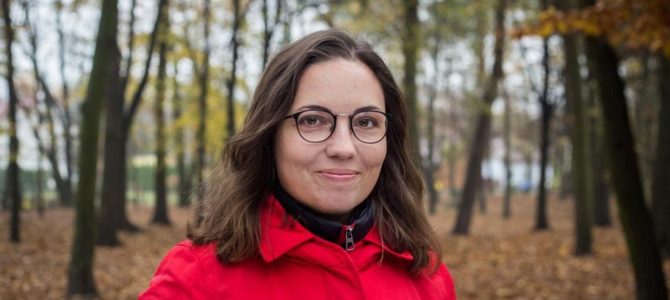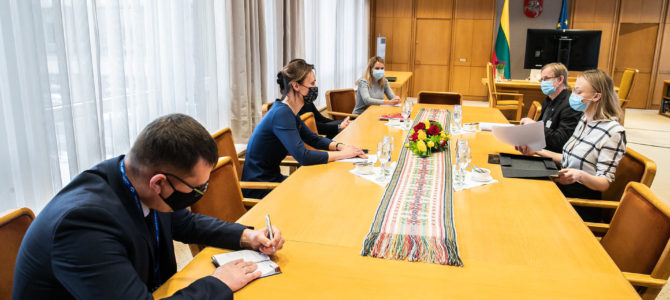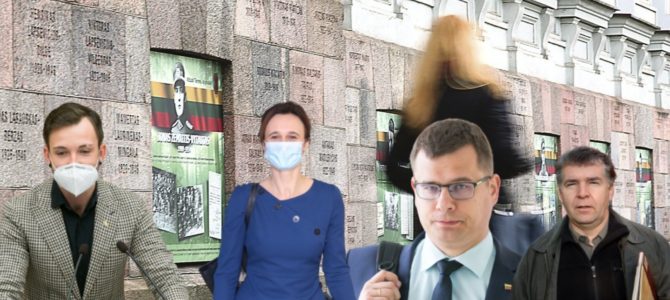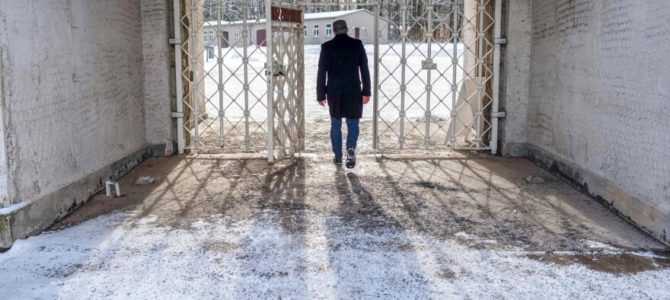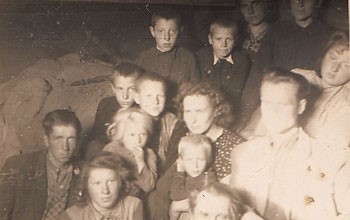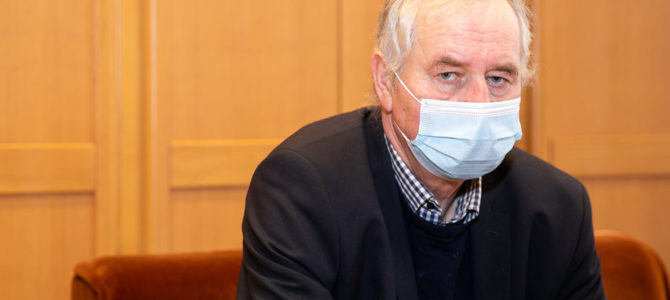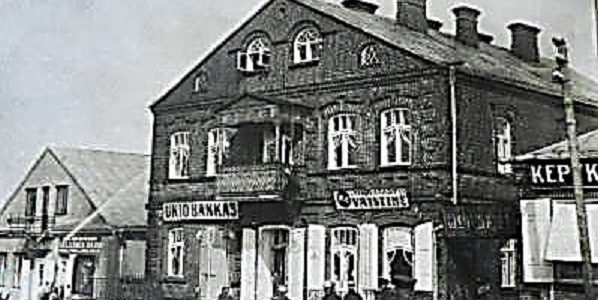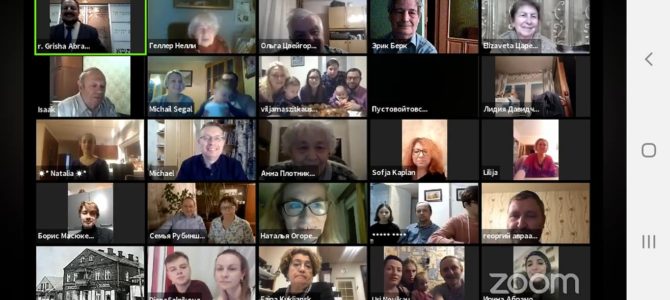by Arkadijus Vinokuras
The events shaking the Genocide Center in the last few days are the logical result of several years of flawed policy. This is what happens when responsibility for research into and assessment of historical events is passed into the hands of politically-agitated profaners. According to the professional historians who are finally quitting the Genocide Center, this leads to: “the disappearance of the distinction between the work of professional specialists and amateurish initiatives. In terms of both historical research and the field of commemoration and the authoring and publication of documents, there is a danger that this will become an imitation of academic and expert work and a profanation of academic research.”
So, the honorable historians of the Genocide Center confirmed in a statement they released what I have been repeating for several years now: there simply cannot be a state institution whose task it is to perform objective studies in connection with the history of our country, if it is led by radicals appointed by politicians rather than professional historians. All these sorts of self-declared historians–geologists, philologists and mechanics–cannot prepare properly findings of history for the courts and other important institutions. All the more so if they don’t even consult with professional historians.
The result of this dishonest and likely criminal activity (when history is written based not on facts but on politically-motivated interpretations and myths) are findings of history, binding legally. Thus Kazys Škirpa, who collaborated with the Nazis, dreamt of a Nazi Lithuania and drove the Jews out, is proclaimed a Lithuanian hero. The same goes for Jonas Noreika, who for two years acted as a Holocaust perpetrator, and if his heroization isn’t enough, now he has become “a rescuer of Jews.” And those Jews, allegedly, “themselves, of their own volition, barricaded themselves in ghettos.” So did other Lithuanians as well “themselves, of their own will, yearned to leave for Siberia?” Isn’t it pathetically funny, the Genocide Center’s self-justification is “our Holocaust was different, and collaboration with the Nazis was also different than in other places?” Another example: Juozas Ambrazevičius-Brazaitis, who was, it seems, “vindicated and rehabilitated by US institutions.” This is how the brains of Lithuanian people with no connection are washed, people who find it very difficult to determine where the truth lies, and where the lie does.



















